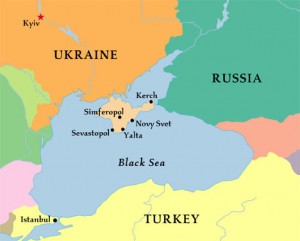I quote from the U.S. State Department:
The United States recognized South Sudan as a sovereign, independent state on July 9, 2011 following its secession from Sudan. The United States played a key role in helping create the 2005 Comprehensive Peace Agreement that laid the groundwork for the 2011 referendum on self-determination, through which the people of South Sudan overwhelmingly voted to secede.Quoting from Wikipedia:
The United States officially recognized the Republic of Kosovo[a] – the south eastern European state which declared independence from Serbia on February 17, 2008 – as an independent nation on February 18, 2008.And from another Wikipedia article:
In December 2007, the United States government discussed whether to back the shaky transitional government in Mogadishu or to acknowledge and support the less volatile Somaliland secessionists.
On 24 September 2010, Johnnie Carson, Assistant Secretary of State for African Affairs, stated that the United States would be modifying its strategy in Somalia and would seek deeper engagement with the governments of Somaliland and Puntland while continuing to support the Somali Transitional Government.From still another Wikipedia article:
In 1947 Eritrea gained its independence from European powers and became part of a federation with Ethiopia, the Federation of Ethiopia and Eritrea. Subsequent annexation by Ethiopia led to the Eritrean War of Independence, ending with Eritrean independence in 1991.Wikipedia on U.S. relations with Bangladesh:
After the liberation of Bangladesh in December 1971, the United States formally recognized the newly independent country in April 1972 and pledged US$300 million in aid.Will these historical precedents (and others) influence U.S. policy with respect to today's Crimean vote?
 |
| Source of the map. |
No comments:
Post a Comment